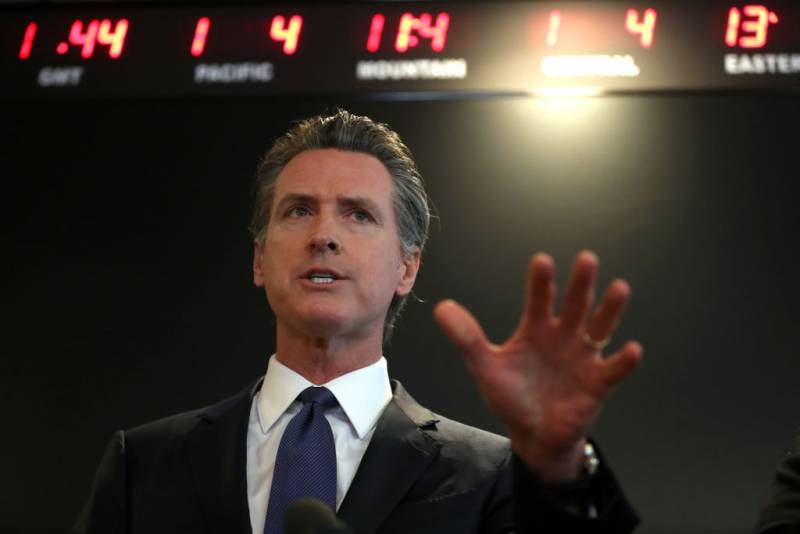More than 1 million Californians have filed unemployment claims since March 13, Newsom said Wednesday. A week ago, he issued a statewide stay-at-home order, shuttering all but essential businesses.
Tom Bannon, CEO of the California Apartment Association, said the measure will provide welcome relief to millions of mortgage holders across the state.
“People will sleep better tonight than they did last night,” Bannon said.
But the relief isn’t coming soon enough for renters, who still have looming April 1 rent payments. The association has urged its members to act with compassion to freeze rent hikes and halt evictions through the duration of the pandemic.
Newsom has fallen short of imposing a statewide moratorium on evictions that many lawmakers and advocacy groups have said is necessary to provide relief to the millions of California renters who have been furloughed, laid off or seen their hours slashed.
“It’s just irresponsible,” said Leah Simon-Weisberg, legal director with the tenant-rights group Alliance of Californians for Community Empowerment. She noted that the absence of a statewide moratorium has created a confusing patchwork system. “The amount of work he’s creating is completely unnecessary. He should be doing everything he can to take care of this.”
Earlier this month, Newsom issued an executive order clarifying the legal authority cities and counties have to enact their own eviction moratoriums. And on Wednesday, he said he had a team of people working out the legal details to enact a statewide moratorium.
“For me it’s practice, not promise,” he said. “[The] issues are much more complicated than they may appear.”
Governors in Oregon, Washington, New York, Indiana and Maryland have already enacted moratoriums on evictions in their states. And last week, the Federal Housing Finance Agency directed Fannie Mae and Freddie Mac to suspend foreclosures and evictions for at least 60 days for single-family mortgage holders.

